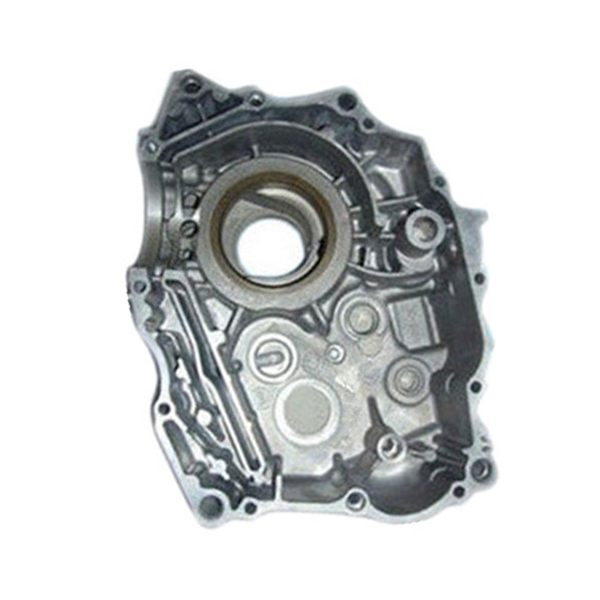Mobile:+86-311-808-126-83
Email:info@ydcastings.com
metal casting products
The Evolution and Impact of Metal Casting Products
Metal casting has been an integral part of manufacturing for thousands of years, transforming raw materials into useful products with various applications. From ancient artifacts to modern industrial components, the process of metal casting has evolved significantly, harnessing advancements in technology and materials science.
The Evolution and Impact of Metal Casting Products
One of the most notable advantages of metal casting is its ability to produce intricate designs. This capability has made it a preferred method for manufacturing components in diverse industries such as automotive, aerospace, construction, and art. For example, in the automotive sector, metal castings are used to create engine blocks, transmission components, and structural parts, all of which require precision and durability.
metal casting products

The environmental impact of metal casting is becoming a significant concern in today’s world. Traditional casting methods can be energy-intensive and produce waste materials. However, advancements in green casting technologies are helping the industry reduce its carbon footprint. Techniques such as 3D printing of sand molds and the use of recycled metals are gaining traction, offering sustainable alternatives to conventional practices.
Another factor influencing the metal casting industry is the growing demand for lightweight components driven by industries focusing on energy efficiency and performance. Techniques like metal injection molding (MIM) and die casting are increasingly employed to create lighter yet strong parts, which not only enhance performance but also contribute to fuel efficiency in vehicles.
Moreover, the industry is witnessing a shift towards customization. Companies are now able to leverage computer-aided design (CAD) and simulation technology, facilitating the creation of bespoke parts tailored to specific needs. This trend is particularly relevant in sectors such as medical and aerospace, where unique, high-performance components are crucial.
In conclusion, metal casting products have played a vital role in shaping modern manufacturing. As technology advances, the industry continues to evolve, embracing sustainability and innovation. Whether it’s through producing complex automotive parts or intricate artistic sculptures, metal casting remains a key player in the global economy, proving that this ancient technique still holds relevance in today's fast-paced world.
-
Why Should You Invest in Superior Pump Castings for Your Equipment?NewsJun.09,2025
-
Unlock Performance Potential with Stainless Impellers and Aluminum End CapsNewsJun.09,2025
-
Revolutionize Your Machinery with Superior Cast Iron and Aluminum ComponentsNewsJun.09,2025
-
Revolutionize Fluid Dynamics with Premium Pump ComponentsNewsJun.09,2025
-
Optimizing Industrial Systems with Essential Valve ComponentsNewsJun.09,2025
-
Elevate Grid Efficiency with High-Precision Power CastingsNewsJun.09,2025











